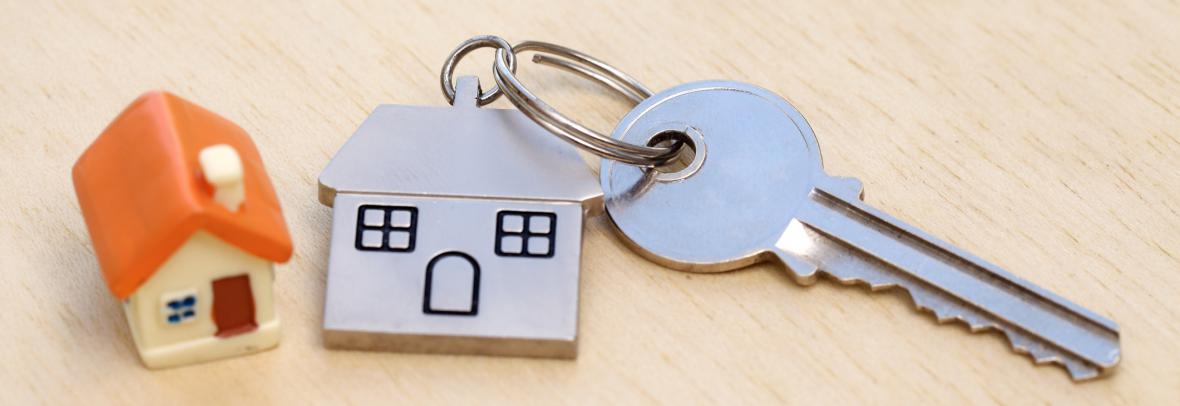In the digital age, where information is readily available at our fingertips, platforms like Zillow have become go-to resources for homeowners, prospective buyers, and real estate enthusiasts. Zillow’s Home Value Zestimate, in particular, is a feature that attempts to provide an estimate of a property’s worth based on various factors. However, as many have experienced, these valuations are not always accurate and can sometimes be significantly off the mark. In this blog post, we’ll delve into the reasons behind the discrepancies and why relying solely on Zillow’s home valuations might not be the best approach.
- Lack of Real-Time Data:
One key factor contributing to inaccuracies in Zillow’s home valuations is the lack of real-time data. The real estate market is dynamic, influenced by ever-changing economic conditions, local developments, and other factors. Zillow’s algorithms might not always capture these changes promptly, leading to outdated valuations that don’t reflect the current market reality.
- Limited Property-Specific Information:
Zillow relies on a range of data points to estimate home values, including recent sales in the area, tax assessments, and other public records. However, the platform may lack specific details about individual properties, such as recent renovations or unique features. Without access to this nuanced information, Zillow’s algorithm may struggle to provide accurate valuations for homes with distinctive characteristics.
- Neighborhood Averages and Generalizations:
Zillow’s algorithms often rely on averages and generalizations for a given neighborhood, which can lead to inaccuracies for homes that deviate significantly from the local norm. Unique properties or those with specific features may not fit neatly into the algorithm’s calculations, resulting in valuations that don’t align with the property’s true value.
- Market Volatility and Economic Factors:
Real estate markets can be subject to fluctuations influenced by economic conditions, interest rates, and other external factors. Zillow’s algorithms may not always account for these macroeconomic influences, leading to valuations that are not aligned with the broader market trends.
- Limited Comparative Analysis:
While Zillow’s algorithm considers recent sales in the area, it may not always conduct a thorough comparative analysis of similar properties. Differences in the size, condition, or specific amenities of homes can significantly impact their market value, and Zillow’s valuation may fall short in providing an accurate reflection of these nuances.

While Zillow’s Home Value Zestimate can be a helpful starting point for estimating property values, it’s crucial for homeowners and prospective buyers to approach these valuations with a degree of caution. Real estate is a complex and nuanced field, and automated algorithms may not capture all the intricacies that influence a property’s value. Consulting with local real estate professionals, conducting thorough research, and considering a variety of factors beyond Zillow’s estimates will contribute to a more accurate understanding of a property’s true market value.

 Facebook
Facebook
 X
X
 Pinterest
Pinterest
 Copy Link
Copy Link


